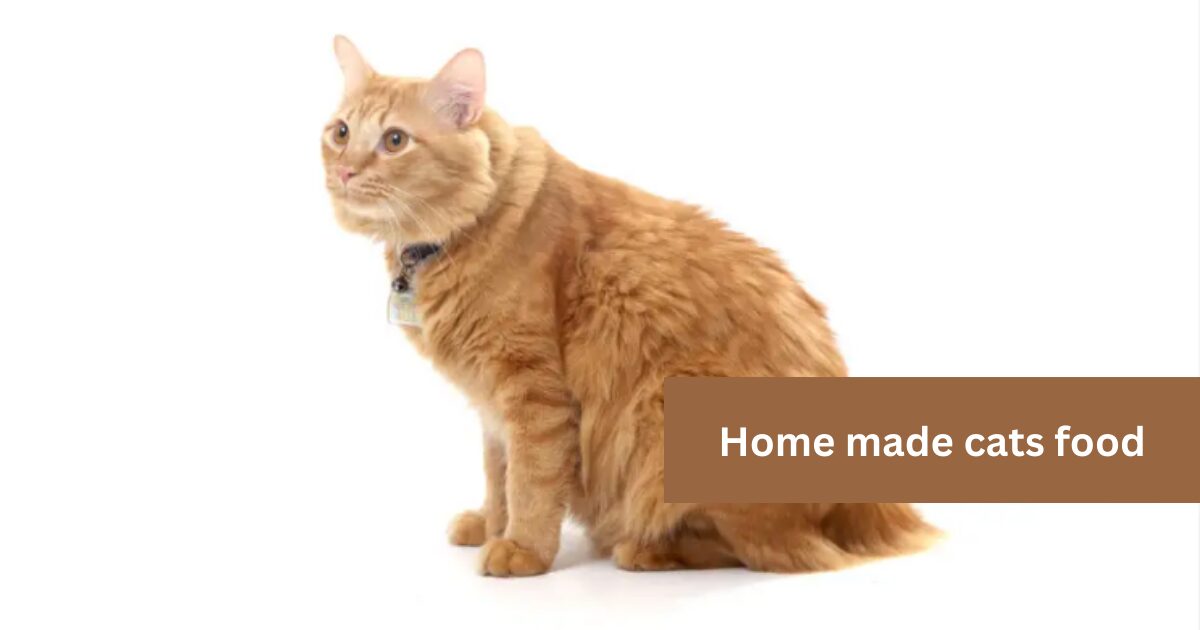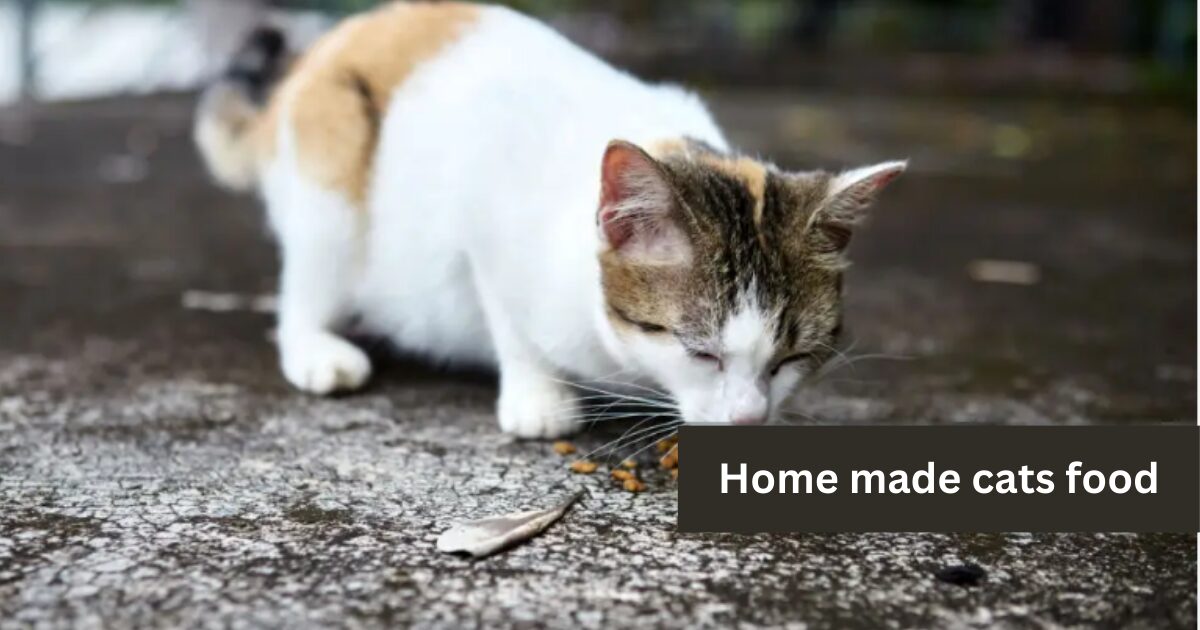Introduction Cat’s behavior when pregnant
All about how cats behave when pregnant is that. Cats, like all other female mammals, have special times when they are pregnant. As they get ready to give birth, their bodies are going through a lot of changes and adjustments. There are times when cat owners feel excited. And scared as they try to understand and help their pregnant cat friend.
This piece will go into detail about cats and how they act when they are pregnant. Cat owners will learn useful things and get helpful tips to make sure their cats have a smooth pregnancy.
How to Understand Cat Pregnancy
To understand how cats behavior when pregnant. It is important to first understand what pregnancy means for cats. Cats only lay eggs when they are mating, which is called “induced ovulation.” When the eggs fertilized. They turn into embryos that connect to the wall of the uterus. Cats usually give birth after 63 days, but it can be anywhere from 58 to 70 days. Your cat’s body will go through many physical. And chemical changes during this time to help the kittens grow.
Changes in how cats behavior when pregnant?
Mood swings and changes in behavior can happen to pregnant cats like they can to pregnant people. Because of changes in their hormones, they are going through these changes. If your cat is pregnant, you may notice the following changes in how it acts:
Increased Affection: You may notice that your cat. Who is usually independent, becomes more loving, and wants to be near you. It’s because their estrogen levels are higher, which can make them more warm and fuzzy.
When a cat is getting close to giving birth, she will start looking for a quiet, cozy place to do so. When they first start to build a nest, they often knead and scratch at soft things like pillows and blankets.
A cat’s appetite may change while it’s pregnant. Some cats may become picky eaters, while others may eat more than normal. It is very important to give your pregnant cat a healthy, well-balanced food.
Restlessness: Some cats may get antsy as their due date gets closer and meow or pace around more often. As they get ready for labor and birth, this is a normal thing for them to do.
Behaviors that keep you safe: Cats that are pregnant can also become more careful around you. And also themselves. They may hiss or swat at people who bother them. It is because they want to protect themselves and their kittens.
What You Can Do to Assist Your Pregnant Cat
It is your responsibility as a cat parent to inform and assist your pregnant feline friend now. If you want your pregnant cat and her kittens to have a successful pregnancy, follow these steps:
Give your feline friend nutritious food. Pregnant cats have a greater nutritional need as they nourish their growing offspring. What is the best food for a pregnant cat? Your vet can tell you.
Create a cozy atmosphere. Cats that are expecting will begin to lay eggs as the due date approaches, as before said. When they give birth, they need a calm, comfortable spot to nurse their offspring.
Keep your cat’s stress level low. Cats are sensitive animals that get stressed out. It is very important to keep your cat’s stress levels low while she is pregnant by giving her calm. And a safe place to live. Try to keep your pregnant cat from being upset or stressed by quick changes or interruptions.
Get regular check-ups with your vet: During her pregnancy. Your cat needs to see the vet for regular check-ups. They can check on the health of both the mother and the kittens and give the kittens any shots they need. And give good tips for a healthy birth.
Learn: It’s always a good idea to learn more about how cats get pregnant and give birth. Talk to your vet or do some study to learn more about what to expect and how to help your pregnant cat as this time goes on.
Find out more about cats and pregnancy
There are other important things to think about when it comes to kitty pregnancy besides. How they act when they are pregnant. Here is some more information that cat people might find useful:
If you don’t want to have kittens, you should spay or neuter your cat before she gets sexually mature. This keeps your cat from getting pregnant without wanting to. And it’s also good for their health in many other ways.
Possible Problems: Cat births usually go well. But there is always a chance that something could go wrong. It is very important to keep an eye on your pregnant cat. Call your vet right away if you notice any strange behavior or signs.
Care After Giving Birth: You should still take care of your cat after she gives birth to pups. It is very important to give the right postpartum care. Which includes making sure the woman stays healthy, eats well, and cleans up after herself.
What food should pregnant cats eat?
We already talked about how pregnant cats need healthy, well-balanced food to help their kittens grow. It is very important to give them good food that meets their higher nutritional needs. When you’re pregnant, some important nutrients to look for in cat food are:
Protein: Protein-rich foods are important for cats’ health especially while they are pregnant. Because they help muscles and organs grow and develop. When you shop for cat food, make sure that a lot of the nutrition comes from animal sources.
Calcium: Getting enough calcium during pregnancy. It is very important for helping kittens’ bones and teeth grow. But, too much calcium can also be bad for cats, so it’s best to talk to your vet about how much your cat should have.
Vitamins and Minerals: Vitamin A, B complex vitamins, iron. And other minerals are especially important for pregnant cats. To make sure your pregnant cat gets all the nutrients it needs, look for cat food that is made for them.
Water: Always make sure that your pregnant cat can get clean, fresh water. Cats can lose water when they are pregnant or nursing, so it is important to keep their water bowl full.
In conclusion
To have a healthy baby. To provide the best care and support for pregnant cats. It is crucial to understand how they behave during this time. It is your responsibility as a cat owner to educate yourself on the subject of feline pregnancy. If you have any concerns or inquiries, see your veterinarian. That can guaranteed by you. Adhering to these guidelines will ensure. That your pregnant cat and her kittens receive the highest quality care. Always take your cat to the vet regularly and provide it with a safe and cozy home. And maintains a balanced diet to benefit mom and her young.
1. How do I know whether the cat I have is expecting?
Cats who are pregnant can be seen in changes to appetite and weight gain. As well as enlarged noses, nesting behavior and behavioral changes like more moodiness or affection. The only sure method of confirming pregnancy is with a veterinary exam or ultrasound.
2. What happens to my cat’s behavior during pregnancy?
The pregnant cat could display changes in behavior including an increase in affection nesting behavior (preparing an area that is comfortable to give birth). And a decrease in activity and a desire for tranquil and private places.
3. What is the length of the gestation time of a cat?
The gestation period of cats usually lasts between 65 to 63 days. But it could vary dependent on the breed and health of the individual.
4. Do I need to change my cat’s diet if she’s pregnant?
Cats who are pregnant may must a diet rich in protein calories. And other nutrients to help support the development and growth of kittens. Talk to your vet to determine the most suitable diet for your cat during pregnancy. And any necessary changes to your diet.
5. What can I do to prepare for my cat’s pregnancy and its upcoming litter?
Create a quiet and comfortable place for your cat give birth. Provide appropriate nesting materials. And access to clean water as well as healthy food. Be familiar with how labor characterized and the contact details of a vet should there be any issues.


Thank you forr any other excellent article. Where else may anyone get that type
of information in such aan ideal manner of writing? I have a presentation subsequent week, and I’m on the search for such information. https://tri1ls.webflow.io/
Thank you for any other excellent article. Where else may
anyone get that type of information in such an ideal manner of writing?
I hace a presentation subsequent week, and I’m on the search for
suhch information. https://tri1ls.webflow.io/